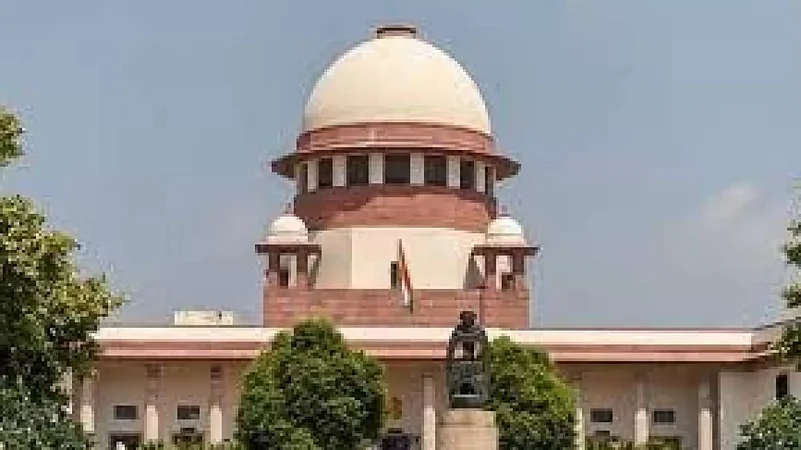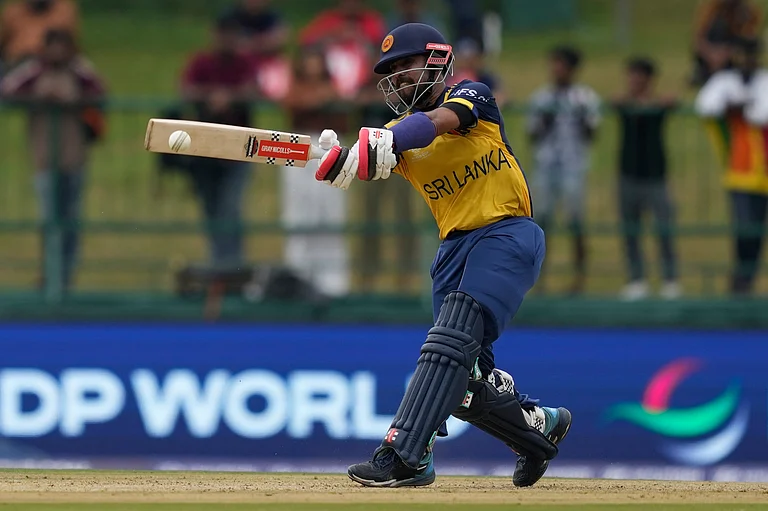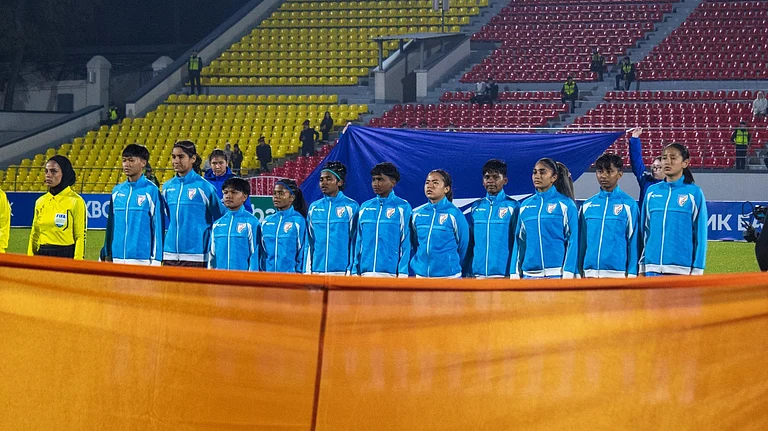A petition, demanding the Centre to take action against false conversions of faith in India, was rejected by the Supreme Court on Wednesday.
The Supreme Court bench comprising Chief Justice D Y Chandrachud and justices J B Pardiwala and Manoj Misra said, “Why should the court enter into this thicket? How can the court issue a writ of mandamus to the government."
What did the petitioner say?
Lawyer Bharti Tyagi was appearing for Karnataka-based PIL petitioner Jerome Anto, who claimed that Hindus and minorities were being targeted and were being converted "fraudulently".
Reportedly, the lawyer made the Centre and all the states as parties and sought a direction from the top court to curb the religious conversion.
The petition said, “fraudulent religious conversion and religious conversion by intimidation, threatening, deceivingly luring through gifts and monetary benefits offend Articles 14 (right to equality), 21 (protection of Life and Personal Liberty) and 25 (freedom to practice and propagation of religion) of the Constitution.”
It reportedly also sought a direction to the Centre and the states to take stringent steps to control such conversions.
“Alternatively, the court may be pleased to direct the Law Commission of India to prepare a report as well as a Bill to control 'Deceitful Religious Conversion' within three months in spirit of Articles 14, 21 and 25..,” it said.
How did the Supreme Court bench react?
The apex court bench while rejecting the PIL, said, “If there is a live challenge and someone is persecuted then we can entertain."
Further, the bench strongly reacted to the nature of the PIL and said, “What kind of PIL is this? PIL has become a tool and everyone is coming up with petitions like these,” it said.
On being argued where the petitioner should go with this kind of grievance, the bench said, “We are not in advisory jurisdiction. (The plea is) Dismissed”.


























